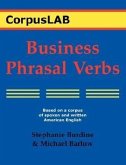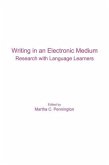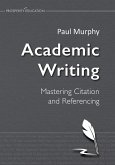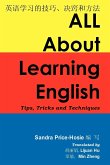Serving as a general overview to the field, Issues in TESOL: A primer for teaching English to speakers of other languages, aims to deliver insight into the many varied concepts and practices involved in the teaching of English to speakers of other languages (TESOL). It focuses on those particular issues of TESOL that are important over the various stages of a career. Of significance, the book emerges to fill the needs of those who come to the education field from other disciplines; for those who may find themselves teaching without experience; for those interested in beginning a career in teaching English; as well as those in-service teachers looking to reground; or for those who are about to embark on TESOL certification. The intent is to provide insight that will assist readers in making connections between the various theoretical discourses, research, and teaching practices that are involved in the craft of teaching English to speakers of other languages. The book consists of four parts, introducing readers to TESOL theories, methods, and approaches, along with the basics of classroom management and lesson plan development, to establish a foundation for teaching the four skills along with pronunciation and grammar, while also introducing how to benefit from engaging in classroom observation, professional development endeavors and leadership. Part one, perspectives and practice centers on aspects of second language acquisition and the place of educational theories in teaching. It also reviews the methods, approaches, and techniques applied to the teaching and learning of languages over time, particularly those that provide us with an understanding of how best to teach today. A variety of classroom management theories are discussed, with educational leadership, as well as the ethics, laws, rights, and responsibilities in teaching explored, with those influences affecting second language acquisition from language, planning and policy, to culture, identity, and intercultural communication also touched upon. Part two, implementations focuses on those practical aspects of concern to teachers. Such as how to frame lessons to engage students, the basics of classroom management, the delivery of appropriate teaching content, and the development of effective lesson plans. Part three, sound, meaning, and form then covers those concepts of most importance for teaching the 'what' of language. Part four, capstone projects highlights the expectations and steps required to complete some of the final projects often linked to obtaining accredited TESOL certification. A comprehensive listing of beneficial applications and worthwhile websites along with a comprehensive glossary of key terms used in the field is also provided.
Hinweis: Dieser Artikel kann nur an eine deutsche Lieferadresse ausgeliefert werden.
Hinweis: Dieser Artikel kann nur an eine deutsche Lieferadresse ausgeliefert werden.








